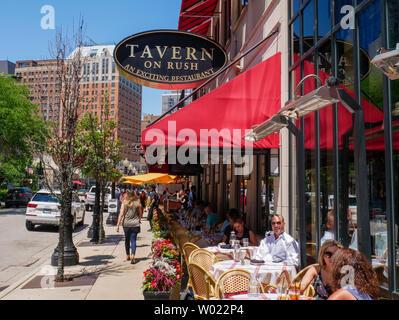
Women belonging to the Social and Literary society of a Baptist church in St.

Paul MN claimed to be “headquarters for chitterlings and corn bread.” Similar menus were often found at dinners at Black churches and homes. Walker’s Café in Wichita KS advertised chitterlings and catfish in 1910. But the diet gained a charged meaning in the 1960s when proponents of Black Power affirmed eating soul food as a political statement.īy any name, soul food was not often found in restaurants outside the South until African-Americans began migrating northward before, during, and after World Wars I and II.

What became known as edible soul food, such as chitterlings, pigs’ feet, greens, black-eyed peas, cornbread, and cobbler (to name just a few), had been popular in the South long before the words soul food were applied. Until then the words had religious connotations for Protestants. I have to wonder if she designed her mother’s Christmas cards.īefore the 1960s, the term “soul food” wasn’t used in reference to food. In 1930 she lived with her mother and worked as a hand letterer for a card company. She then enjoyed a whirl as a newspaper columnist writing on the hard life of working girls, explaining why they liked cheap thrills and frills, why they should be paid better, and why they were tempted to trade sex for money. In 1912 her daughter Maude Le Page created quite a stir and became a minor celebrity when she stood up in the balcony of a Chicago theater and loudly proclaimed that she would sell herself to a man for $1,000 so that she could escape working in a deli (!) and publish her poetry. She lived to be 96.įollowing on Gary’s research I learned that Ella’s three children were stage actors in the early century. By 1930, at age 71, her occupation was listed as tea room proprietor, but no longer in the 1940 census. In 1920 she was still running the delicatessen, i.e., grocery. By 1910 she was divorced she remarried and in later censuses she was described as widowed. Her first husband had been a confectioner and it’s possible she had worked with him.

Roberts was a hard-working, seasoned businesswoman who had owned her own grocery store as far back as 1910. Thanks to Gary Allen, author, food blogger, and researcher extraordinaire, I now know more about the proprietor of Chicago’s 11th Heaven Tea Room.Įlla M. Regardless, I echo Ella’s messages: may the world treat you right, have a gorgeous appetite, and call again.


 0 kommentar(er)
0 kommentar(er)
